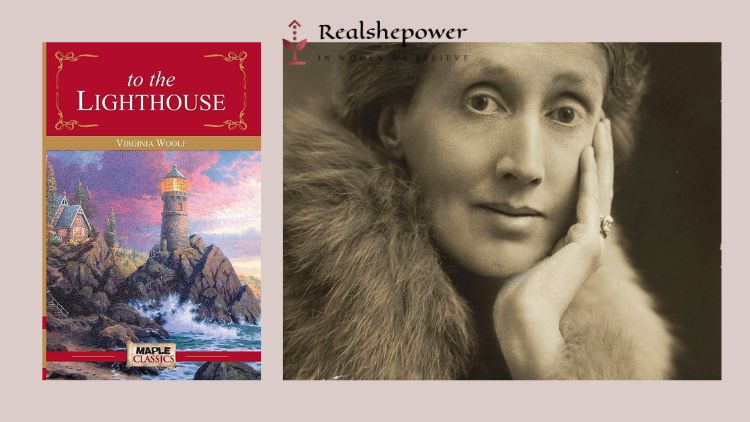Unraveling the Psyche: Virginia Woolf’s Masterful Exploration in ‘To the Lighthouse’


Virginia Woolf’s “To the Lighthouse” stands as a monumental achievement in 20th-century literature, a testament to the power of modernist expression and a deep exploration of the human psyche. With its intricate narrative structure and stream-of-consciousness style, the novel offers readers an intimate glimpse into the inner lives of its characters, particularly the women, in a manner that was groundbreaking for its time.
Set against the backdrop of a summer home on the Isle of Skye, the novel is less about plot progression and more about the passage of time, the impermanence of life, and the internal dynamics of the Ramsay family and their acquaintances. Woolf’s prose is both poetic and introspective, demanding the reader’s patience and attention, but rewarding them with profound insights.
One of the novel’s most striking features is its portrayal of gender roles and the societal expectations of the time. Mrs. Ramsay, with her nurturing nature and dedication to her family, embodies the traditional feminine ideal of the early 20th century. Yet, Woolf delves deep into her psyche, revealing a complex character who grapples with her own desires, ambitions, and the constraints placed upon her by society. In contrast, Mr. Ramsay, with his intellectual pursuits and emotional detachment, represents the archetypal male figure. However, even he is not spared from Woolf’s keen analysis, as she unravels his insecurities and vulnerabilities.
Lily Briscoe, the artist and an observer of the Ramsay family, serves as a counterpoint to these traditional roles. Her determination to pursue her art, despite societal expectations and self-doubt, offers a feminist critique of the time’s gender norms. Through Lily, Woolf seems to be making a broader statement about the artist’s role in society and the challenges faced, especially by women artists.
The novel’s exploration of time, memory, and mortality is also noteworthy. The middle section, “Time Passes,” is a haunting portrayal of the relentless march of time, where the house, once filled with life, becomes a silent witness to decay and desolation. This passage serves as a poignant reminder of life’s transience.
In other words, “To the Lighthouse” is not just a novel; it’s an experience. Woolf’s ability to capture the intricacies of human emotion, the ephemerality of life, and the complexities of gender roles makes it a timeless classic. It’s a work that challenges and mesmerizes, leaving readers with lingering reflections on their own lives and the world around them. For those willing to immerse themselves in its depths, the novel offers a rich tapestry of insights and a masterclass in modernist literature.
You can now write for RealShePower and be a part of the community. Share your stories and opinions with us here.
